Protein Puzzle: Determining Your Optimal Protein Intake

This article runs through the importance of protein, how to calculate how much protein you need and where to get it.
The Importance of Protein
Proteins are made up of amino acids - these are the building blocks of tissues, muscles, organs and even antibodies that support the immune system.
We need sufficient protein to maintain muscle mass, especially during periods of physical activity, aging, or recovery from illness or injury. It also plays a large role in helping us feel fuller for longer and helping us with weight management by reducing our cravings and preventing overeating.
Factors Influencing Protein Requirements
- Activity level - those that engage in regular exercise, especially strength training or endurance activities will need a higher protein intake to support muscle repair and growth
- Age - after the age of 30, we start to lose muscle mass - this is known as sarcopenia. Older adults should consume larger quantities of protein to offset age-related muscle loss, maintain overall health and mobility
- Weight and Body Composition - protein needs will also vary based on your bodyweight, muscle mass, and body fat percentage
- Goals - when looking to drop body fat, you'll need sufficient protein to maintain muscle mass, which will help boost your metabolism. If you're looking to gain muscle, you'll need a higher amount of muscle mass to help your muscles recover and grow
- Health Status - certain health conditions, such as kidney disease or diabetes, may require adjustments to protein intake. If this is your case, consult a healthcare professional
How to Calculate Your Protein Needs
Now that we've uncovered the key factors that determine protein intake, below are some general guidelines for you to follow:
Sedentary Adults - the Recommended Dietary Allowance (RDA) suggests 0.8 to 1g protein per kilogram of bodyweight per day for sedentary adults.
If you weigh 80 kg, this means that you should consume 64 - 80g of protein per day. Those that are older should focus on the upper range.
Weight Loss - consume between 1.2 - 1.6g protein per kilogram of bodyweight per day.
If you weigh 80 kg, this means that you should consume 96g - 128g of protein per day. Those with higher activity levels should focus on the upper range.
Muscle Gain - consume between 1.6 - 2g protein per kilogram of bodyweight per day.
If you weigh 80 kg, this means that you should consume 128g - 160g of protein per day. Those with higher activity levels should focus on the upper range.
Recommended Protein Sources
Meeting your protein requirements can be achieved through a variety of food sources, including:
- Animal-Based Proteins: Lean meats, poultry, fish, eggs, and dairy products are rich sources of complete proteins, containing all essential amino acids necessary for bodily functions
- Plant-Based Proteins: Legumes, nuts, seeds, tofu, tempeh, and quinoa are excellent sources of plant-based proteins. Be sure to combine different plant protein sources can help ensure a complete amino acid profile
If you're interested in reducing meat consumption, check out this article put together by our Daily Body Coach nutritionists.
Conclusion
Determining your optimal protein intake is essential for supporting overall health, muscle growth, and weight management. By considering factors such as activity level, age, weight, and health status, you can tailor your protein intake to meet your individual needs. Whether you're an athlete striving for peak performance or someone aiming for better health, finding the right balance of protein is key to solving the protein puzzle and achieving your wellness goals.
If you're looking for a custom plan - let our certified nutritionists help. Let's have a chat.



